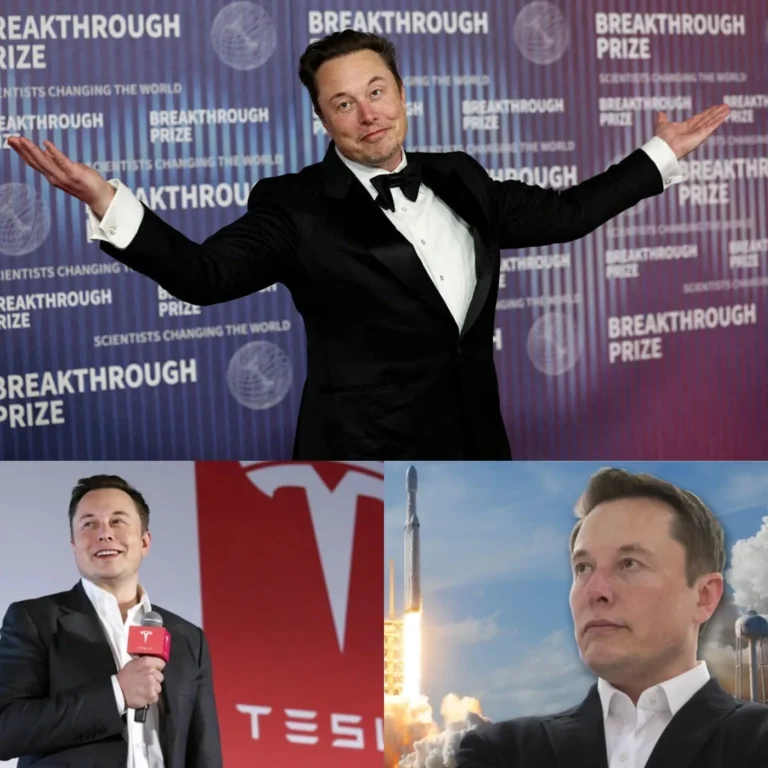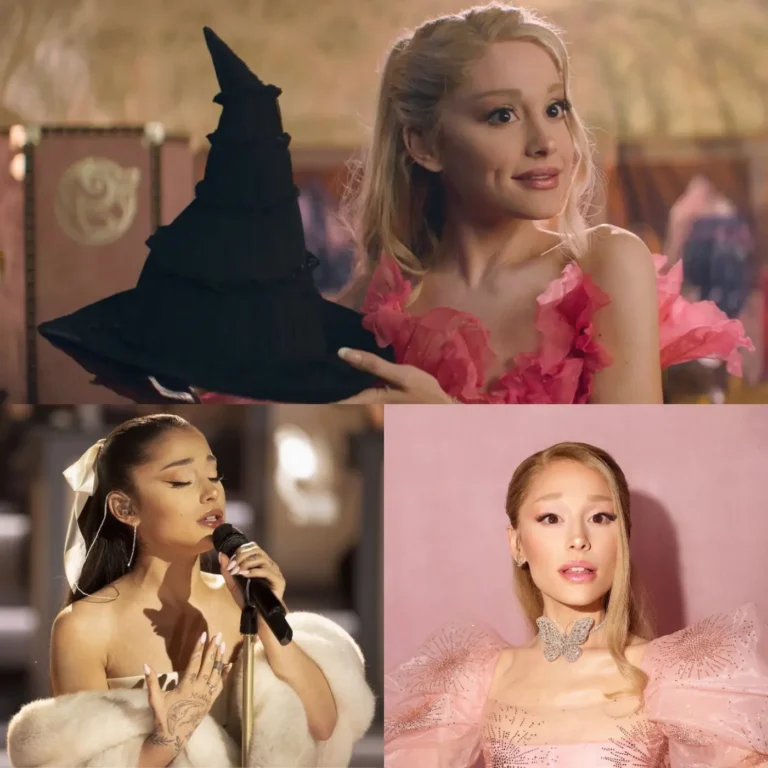Prime Minister: Vietnam – India Relationship as a Positive Force for Development
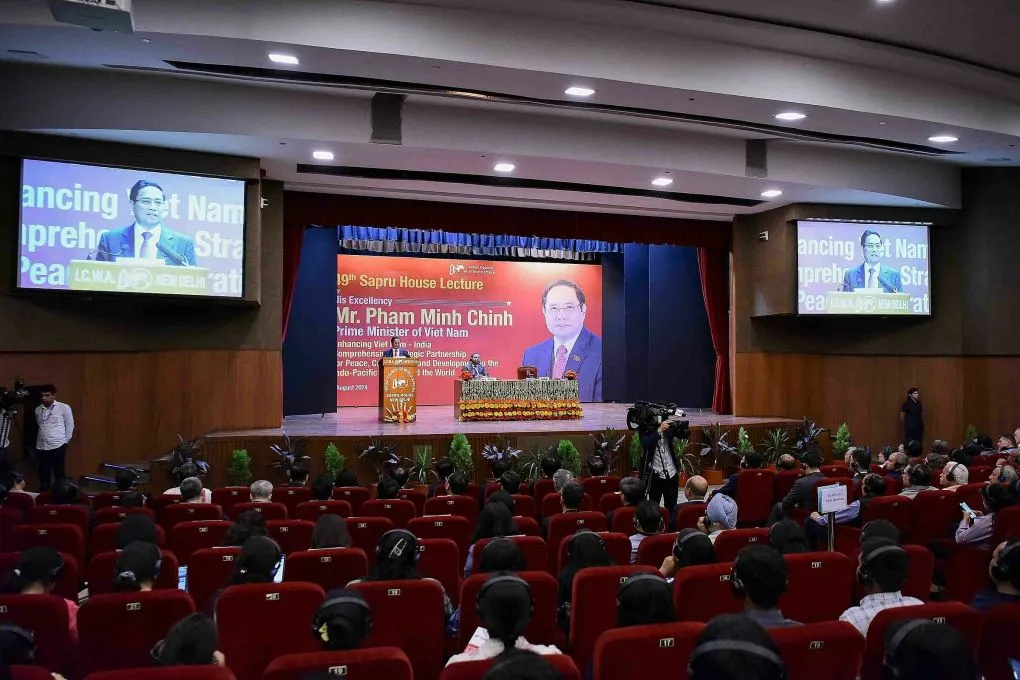
Prime Minister: Vietnam – India Relationship as a Positive Force for Development
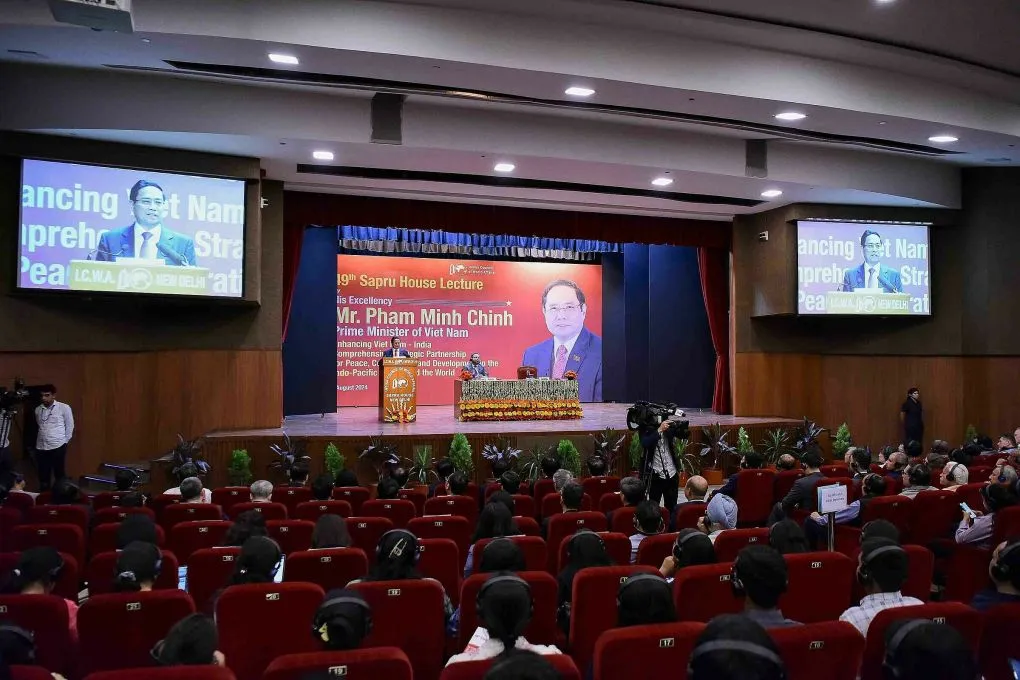
Prime Minister Pham Minh Chinh has emphasized the importance of the Vietnam – India relationship in contributing to peace, stability, cooperation, and development on both regional and global scales.
Key Points from Prime Minister Pham Minh Chinh’s Speech at the Indian Council of World Affairs
On August 1, during a speech at the Indian Council of World Affairs (ICWA), Prime Minister Pham Minh Chinh highlighted the current global landscape’s complexities. He identified six major conflicts:
- War vs. peace
- Competition vs. cooperation
- Openness and integration vs. independence and autonomy
- Solidarity and unity vs. division
- Development vs. backwardness
- Autonomy vs. dependence
The Need for a Positive Global Influence
Prime Minister Chinh pointed out that the global security environment is fraught with uncertainty and instability, with local conflicts and increased armament trends complicating the situation. The global economy is entering a new development phase but remains vulnerable to risks such as inflation, rising public debt, and supply chain disruptions due to conflicts and natural disasters.
Multilateralism remains crucial but faces serious challenges. Developing countries, representing 80% of the world’s population and contributing over 40% of global GDP, still lack adequate representation in the United Nations. Emerging global challenges necessitate new governance methods and rules.
The Role of the Indo-Pacific Region
The 21st century is poised to belong to the Indo-Pacific region, yet it faces significant risks and challenges from hotspots, local conflicts, and major power competition.
Prime Minister Chinh stressed, “These global issues require all countries and multilateral institutions to persistently engage in dialogue and cooperation to find effective solutions. The Vietnam – India relationship needs to become a positive factor contributing to peace, stability, cooperation, and development both regionally and globally.”
Shared Vision and Strategic Trust
The Prime Minister emphasized that Vietnam and India should share a vision of a peaceful, cooperative, developing, multipolar, and multi-centered world. The focus should be on dialogue, cooperation, and peaceful measures over the use of force and threats.
The Vietnam – India partnership should work towards a prosperous and open Indo-Pacific, ensuring no country, nation, or community is left behind. Both countries prioritize enhancing strategic trust as a foundation to elevate their relationship to a new level.
Economic Cooperation and Development
Prime Minister Chinh proposed that Vietnam and India should negotiate a new economic and trade cooperation agreement soon. Cooperation in new, core technologies, innovation, and high-quality human resource training should be promoted.
“Vietnam hopes India will invest in large-scale projects in key sectors, especially infrastructure, aviation, maritime connectivity, energy, and oil and gas,” the Prime Minister shared.
Strengthening Multilateral Cooperation
The Prime Minister highlighted the need to strengthen multilateral cooperation, uphold international law, promote dialogue, build trust, and enhance solidarity and understanding among nations.
“We will work together to promote the formation of a multipolar, multi-centered, transparent, and equal world order, with an open, balanced, inclusive Indo-Pacific region based on international law, with ASEAN playing a central role,” he said.
Support for India’s “Act East” Policy
Vietnam continues to strongly support India’s “Act East” policy, working together to enhance the voice and role of developing countries. The speech at the ICWA was one of the final activities in Prime Minister Pham Minh Chinh’s state visit to India from July 30 to August 1, at the invitation of Prime Minister Narendra Modi.
Enhancing Bilateral Ties
During his visit, Prime Minister Chinh met with Indian President Droupadi Murmu, suggesting an increase in direct flight frequency to promote exchanges between the people and localities of the two countries. He also proposed further defense cooperation and additional support from India in terms of preferential credit packages, training, and capacity-building for Vietnam.
The Prime Minister also met with Vice President and Chairman of the Indian Senate Jagdeep Dhankhar, proposing that the Indian Senate support cooperation with Vietnam in all fields, expanding into new potential areas such as science and technology, information and communication, renewable energy, green economy, digital economy, and artificial intelligence.
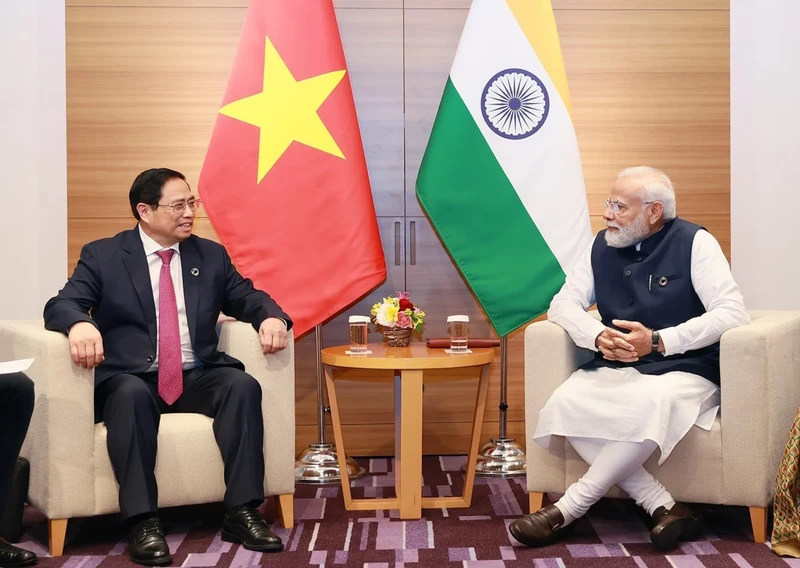
Conclusion
The Vietnam – India relationship, grounded in mutual trust and shared vision, aims to be a significant contributor to global peace and development. Both countries are committed to overcoming challenges and working towards a prosperous, cooperative future.


